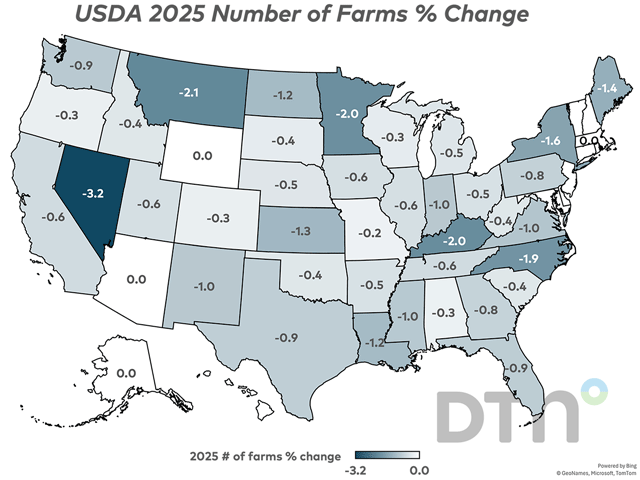Ask the Vet
Human Meds Often Toxic For Dogs, Cats
Question:
I have an older Border Collie. We had an early cold snap, and she seems very stiff, especially in the mornings. Can I give her aspirin or Advil to help with this?
Answer:
Please do not give any human medicines to dogs unless your veterinarian specifically instructs you to do so.
Your veterinarian can prescribe something specifically for your dog’s condition that will help without endangering its life. Aspirin can be dangerous, including a risk of bleeding. Advil (ibuprofen), Aleve (naproxen) and other human anti-inflammatory drugs are toxic to dogs and cats. Tylenol (acetaminophen) is deadly in cats.
P[L1] D[0x0] M[300x250] OOP[F] ADUNIT[] T[]
There are a number of options to help our senior pets live a comfortable, mostly pain-free life. In some cases, even certain supplements have been shown to be effective. But, I’d caution you against making a diagnosis yourself in this case. There are a lot of things people attribute to old age that are more serious than they appear but still treatable.
Q: We had several cows with retained placentas last year. They eventually passed, but what should we do in these cases? Our old vet used to come out, flush the uterus and give antibiotics. He has retired, and the closest veterinarian is a long way away.
A: Our recommendation is to not use antibiotics for at least three days, assuming the cow is not sick. We often recommend an injection of Lutalyse or another prostaglandin. These drugs cause uterine contraction and help expel the placenta.
A mild, controlled infection in the attachment sites of the placenta and the uterus may actually help the placenta release. Never try to pull the placenta out. Gravity will put gentle, constant pressure on the placenta. By pulling it, you may leave small parts attached; they will take longer to pass and are more likely to create a serious infection.
While there is a lot of evidence against routine uterine infusion, I still feel they can be helpful in some cases. Oral or intravenous fluids, and other supportive measures may also be indicated if the cow is not eating. Cows with a rectal temperature of 102.5°F to 103°F (or above) likely need more aggressive treatment by a veterinarian.
Cases like this can often be handled more efficiently and cost effectively if the animal is hauled to the veterinarian’s office. As more and more producers become concerned about access to a large-animal vet, I would ask that, where it makes sense, they consider this approach to treatment.
Lastly, when there are problems with retained placentas, take a look at your herd nutrition and mineral program, as well as overall health. Cows that are too fat, too thin or have mineral deficiencies are more prone to many retained placentas. Pay special attention to vitamins A and E, selenium and iodine.
Other factors that can increase the incidence of retained placentas include disease (brucellosis, leptospirosis, infectious bovine rhinotracheitis and bovine viral diarrhea), toxic plants and difficult births. Retained placentas are more common with reproductive problems including twins and prolonged and difficult births. Bull selection and heifer development can be another important preventive step in this area.
Q: We have a few cows that are not cycling to fit our breeding season, and we want to sell them. The buyer wants to be sure they are pregnant. What do you think about blood testing as proof of pregnancy?
A: While the per-test cost may be higher than rectal palpation, the total cost to you to do a few head may well be less. All that is needed is a few milliliters of blood. There are negatives that must be considered, however. There is no immediate result, and stage of pregnancy or viability of the fetus cannot be determined.
Please contact your veterinarian for questions pertaining to the health of your herd. Every operation is unique, and the information in this column does not pertain to all situations. This is not intended as medical advice, but is purely for informational purposes.
Write Dr. Ken McMillan at Ask The Vet, 2204 Lakeshore Dr., Suite 415, Birmingham, AL 35209, or email vet@progressivefarmer.com.
(SK)
Copyright 2018 DTN/The Progressive Farmer. All rights reserved.





